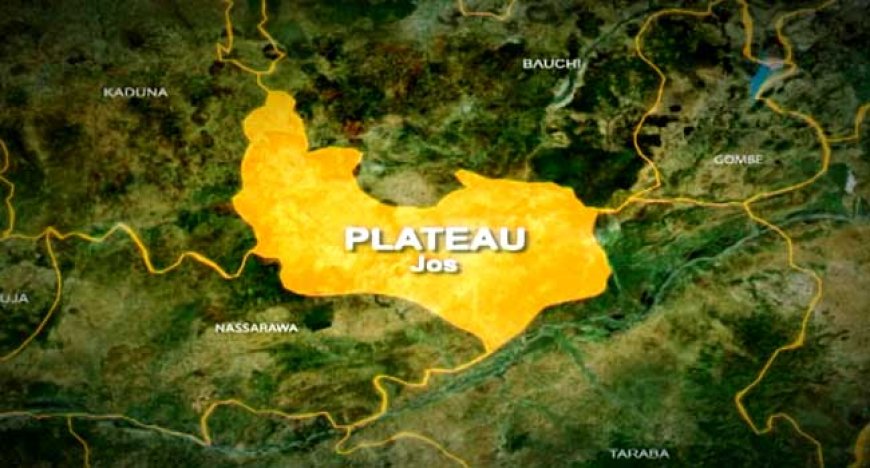Plateau community gets electricity after 20 years

After more than 20 years in darkness, residents of Namu Community in Quan’Pan Local Government Area of Plateau State on Thursday received a major boost in electricity supply following the commissioning of a 50-kilowatt solar mini-grid project.
The project, implemented through a partnership between the Global Environment Facility (GEF), United Nations Development Programme (UNDP), Rural Electrification Agency (REA), Plateau State Energy Corporation, and Cloud Energy, aims to provide reliable power to rural communities across the state.
Speaking during the commissioning, Governor Caleb Mutfwang said the project marks a new chapter in the development of Namu and other rural communities that had long remained without power.
He reaffirmed his administration’s commitment to improving the lives of rural dwellers through three key areas — electricity, road construction, and water supply.
The governor said, “Today, Quan’Pan that once sat in darkness has seen the light. Like His Royal Highness recalled, I came to Quan’Pan in the early hours of the evening and night caught up with us here while we were campaigning. The crowd I saw pained me deeply that we didn’t have stable electricity in such a vibrant community as this. Since we came into office, we’ve been working to break the jinx of underdevelopment in this area.
“I have said to myself and my team that there are three things we must do for the Quan’Pan people. The first is what we are starting today — to bring electricity. The second, by the grace of God, is road infrastructure, and as we came, we told you to be patient with us.”
The governor disclosed that about six kilometres of the Jibam Road are nearing completion. He assured residents that more kilometres of the road would be completed before the next rainy season.
Mutfwang further promised that his administration would soon address the water challenges facing the area, emphasising that every community deserves access to clean water.
Describing the event as a significant milestone, the governor said the commissioning of the solar project represents “the beginning of a journey of transformation” for Quan’Pan and Plateau State at large.
In his remarks, the Chairman of Quan’Pan Local Government Area, Hon. Christopher Audu Manchip, thanked the governor for what he described as the “first-of-its-kind project” in the area. He said the initiative has brought development back to the grassroots and lifted the people from “poverty to progress.”
“On behalf of the good people of Quan’Pan, we want to thank the governor for this wonderful project in the Namu community. This is the first of its kind aimed at developing our people. Thank you for bringing us out of poverty to riches. Development has come back to the grassroots, and we remain very grateful,” the chairman said.
Also speaking, the Director-General of the Plateau State ICT Development Agency and a resident of the community, Mr. Dating Dominic, said the project holds great significance for Namu — a community of about 10,000 residents that previously lacked stable electricity.
He noted that the area hosts active economic centres, including a rice processing facility and a local market, which will now benefit from a steady power supply. Dominic added that the solar mini-grid supports the global shift toward renewable energy and strengthens the economic base of Quan’Pan and Namu in particular.
He commended Governor Mutfwang for selecting Namu as one of the host communities, describing it as a strategic and timely decision given the town’s importance to the local and state economy.
Community leaders and residents, including Ambassador Yahaya Kwande, also expressed excitement over the development, noting that the solar mini-grid will boost local businesses and improve the quality of life.
Our correspondent reports that the Namu solar project is part of Nigeria’s broader effort to expand rural electrification and promote renewable energy as a sustainable alternative to fossil fuels.

 admin
admin 


